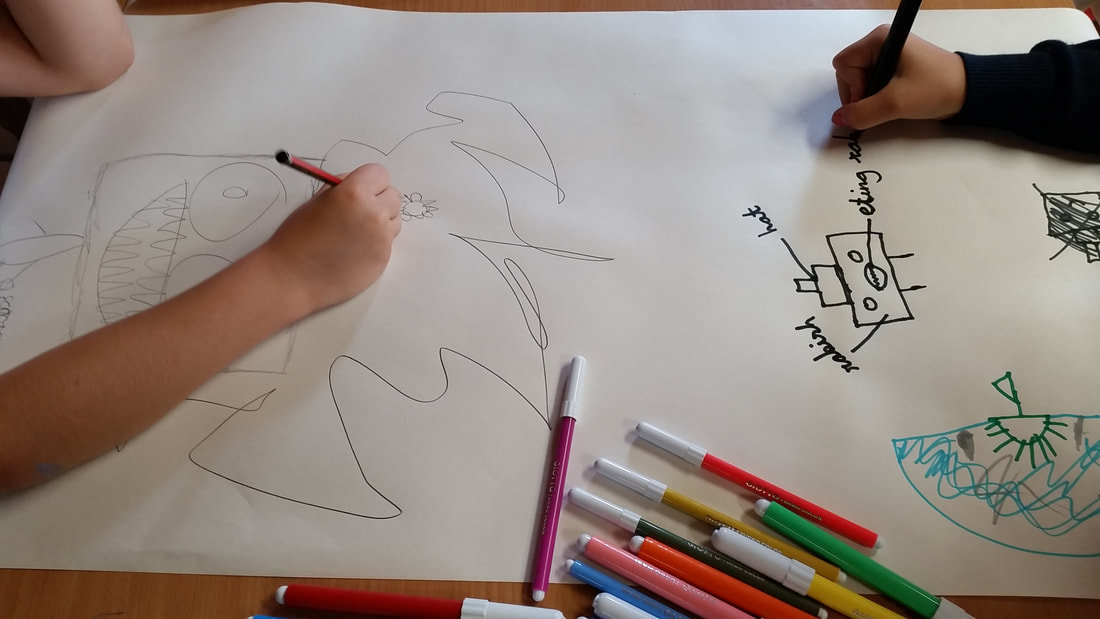Often, I’ll set out a futures-thinking challenge aligned with achieving a UN SDG. This time, though, given we were hot off the heels of TED Countdown and COP26, I wanted to know more about the problems that were resonating with them.
As I asked each young person to reflect on and then share the problem that they were in-love with, I knew that I was inviting them into a space of great vulnerability. It felt a little ‘out there’ given that they were jet-lagged, pierced through by the freezing Geneva wind, coping with wearing masks for the duration of the workshop and no chocolate until lunchtime. Yet, as each young person stood up and shared the problem that they were in-love with, they shared something real and relevant to their lives. Tender hearts were revealed, by young women and young men alike. In the warmth of the SoftSpace co-working room (thank you Aurore Bui), they listened to each other with empathy and compassion, catalysts for wellbeing. I found myself utterly humbled by their grace and courage; young people hold such an intuitive wisdom that picks apart the status quo, empowering them to blossom from their unique creativity. They’re the source of my radical hope and optimism. At a time when young people are experiencing significant mental health issues relating to climate change[2] [3], let alone the impacts of COVID, it’s vital that they experience safe, inclusive spaces where they can show-up as problem-solvers, again and again, to discover their purpose and a starting point for living it. I love innovation challenges for that. It’s always in those first moments that the seeds of self-belief are planted within each of them and the vast unfurling of who they are begins, like prisms refracting light. Surely, we all want that? Let’s run more of them together. [1] https://www.bbc.com/culture/article/20220113-the-sci-fi-genre-offering-radical-hope-for-living-better [2] https://www.nature.com/articles/d41586-021-02582-8#ref-CR1 [3] https://www.weforum.org/agenda/2021/10/climate-crisis-eco-anxiety-is-growing-in-young-people/ Comments are closed.
|
(c) 2024 Elaine France & Flow In Action & Flourishing Futures Collective. All rights reserved.

